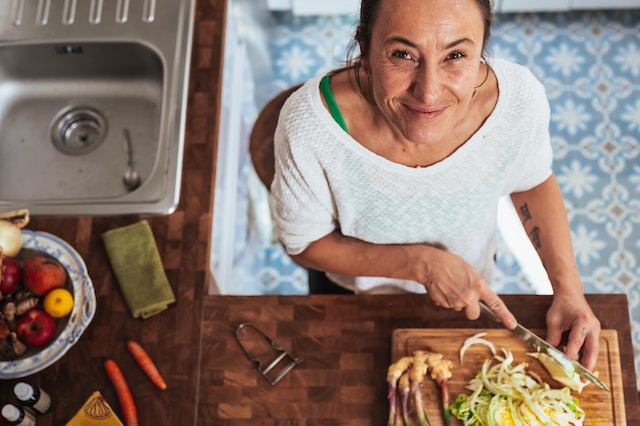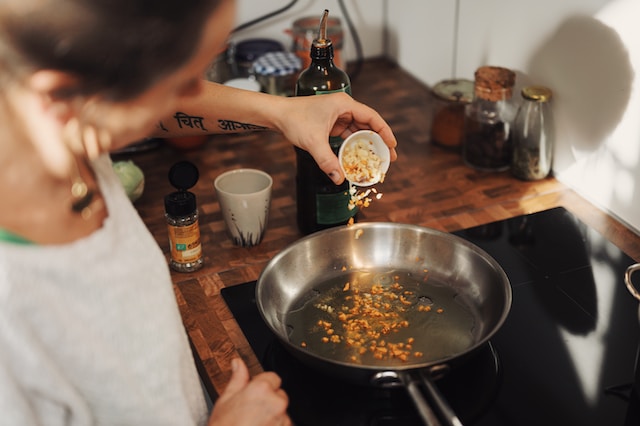Are you a food producer in Georgia looking to sell your products to the public? If so, you’ll need to familiarize yourself with the state’s cottage food laws. In this article, we’ll cover everything you need to know about Georgia cottage food laws, including how to obtain a cottage food license in Georgia and what types of foods you can sell.
What are Georgia’s Cottage Food Laws?
Georgia cottage food laws are regulations that govern the sale of certain types of food products made in a home kitchen. These laws protect consumers from potentially unsafe food products, while also allowing small-scale food producers to sell their products to the public.

What types of food can I sell?
Cottage food law in Georgia allows you to sell a variety of non-potentially hazardous foods, including baked goods, jams and jellies, candies, and popcorn. The law also permits you to sell pickles, honey, and other low-acid foods as long as you properly process and package them.
Do I Need a Cottage Food License?
Yes, in order to sell your products, you must obtain a cottage food license from the Georgia Department of Agriculture. This license will allow you to sell your products at farmers markets, festivals, and other public events.
How Do I Obtain a Cottage Food License?
In order to obtain a cottage food license, you must first complete an online application. This application will ask for basic information about your business, such as your name and address. You will also need to submit a sample label for each product you plan to sell.

Once you have submitted your application, you will need to wait for approval. Once approved, the state will issue you a cottage food license that is valid for one year.
What else should I know about Georgia cottage food law?
In addition to obtaining a cottage food license, you will also need to comply with other regulations, such as labeling requirements and food safety guidelines. You will also need to make sure your kitchen meets the state’s sanitation requirements before you can begin selling your products.
Georgia cottage food laws are designed to protect consumers while allowing small-scale food producers to sell their products to the public. Once you know your food business complies, sign up for Airmart, the best ecommerce software for food producers.